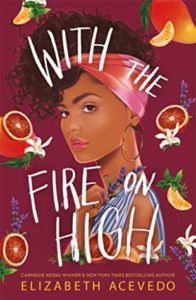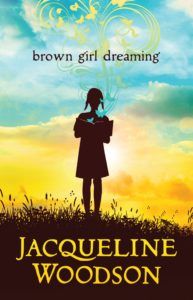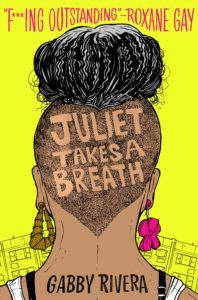Last week, my sister-in-law sent me a picture of the cover of Jhumpa Lahiri’s Unaccustomed Earth, asking me if I had read it. It was the last book she got before the pandemic reached us. I replied that I hadn’t, but that I liked everything I had read by Lahiri. There was something about that text message that felt different from the tone of recent conversations. Perhaps a trace of simplicity that is rare lately: a book that reminded someone of someone else, nothing to do with health, nothing to do with fear or worry, no memes about the virus. In an attempt to have more moments like the one with my sister-in-law, I asked my mom what book she was reading. The Prague Cemetery by Umberto Eco, she said. I didn’t have to ask any further questions; I knew even the title would suffice to remind her of a time she spent in Prague with my brother, who is now on the U.S.-Mexico side of the border that would deny her entry under present circumstances. Books are often thought of as vehicles that take us to far-away places, real or imagined, but lately, I have been thinking of them as extraordinary anchors that ground us, while also moving us closer to people who are far away. I asked some friends if what they are reading these days shortens distances between them and someone else. One of them shared that, after a tough week of teaching and coordinating programs online, she needed comfort. Comfort for her often comes from the memory of her grandmother and the food associated with those memories. She is reading With the Fire On High by Elizabeth Acevedo. The story follows Emoni Santiago’s life at a time when she has to make difficult decisions to do what is best for her daughter and her abuela. The one place that brings comfort to the protagonist is the kitchen, where she adds a little something magical to everything she cooks. The day my friend wrote back to me, she was cooking chile verde con arroz, feeling a little bit closer to her grandmother. Two other friends, a poet and a prose writer, are recording by voice chapters and poems they send to each other. One of them is recording sections from Italo Calvino’s Invisible Cities and the other, poems from El lugar equivocado de las cosas, by Mexican poet Gabriela Aguirre. “These couple of minutes keep us grounded each day,” one of them said. A friend in Arizona is reading Brown Girl Dreaming by Jacqueline Woodson out loud to her young daughters as a way to connect with them during the quarantine. The book, a 2014 National Book Award Winner, is a memoir about the author’s childhood, written as a series of poems. “In these poems,” the author states on her website, “I share what it was like to grow up as an African American in the 1960s and 1970s, living with the remnants of Jim Crow and my growing awareness of the Civil Rights movement.” In Arizona, this book is making my friend think about her own childhood and wonder about the way her girls will look back on and remember this strange time. I’ve also heard of people going back to books they had already read. From 2012–2015, Elena Ferrante’s highly acclaimed series sparked discussions about the complexity of friendships, and the intricacies of memory and time. The Neapolitan quarter includes My Brilliant Friend, The Story of a New Name, Those Who Leave and Those Who Stay, and The Story of the Lost Child. The first season of the HBO series My Brilliant Friend, directed by Saverio Costanzo, premiered in 2018. Someone who read the books when they were first published and is now watching the series, shared that it reminded her of two of her friends in Mexico. “I feel that my mother would have loved it,” she added. Last evening I sat in my living room reading Juliet Takes a Breath by Gabby Rivera, a gift I received back in December at a book exchange with friends. When I was looking for something cheerful to read, this seemed like the right choice, and it was. It has a humorous yet contemplative tone that is quite moving. It’s a story about a young woman from the Bronx, Juliet Palante, who takes up a summer internship in Portland, Oregon, with her favorite author, Harlowe Brisbane, “the ultimate authority on feminism, women’s bodies, and other gay-sounding stuff.” Away from home, Juliet navigates new definitions of race, gender, and feminism that inspire her to shape her own identity. As I read this book, I think about my students, about some of the struggles they face, about sending them an email to let them know this book exists and that they should read it. I am also reading At the Same Time by Susan Sontag, because Sontag. She has always been there to explain things to me, and although she is not here to solve this particular time, I still trust there will be something in her words that will help. Like when she says that “The most stirring beauty is the most evanescent” or “Imagine saying ‘that sunset is interesting,’” which doesn’t necessarily have anything to do with what I am saying here. Still, it makes me look at sunsets with appreciation, and lately, I have more time for that, which is nice. These days, the pauses we carve in the day for reading have a rather peculiar nature. The silence is more profound, sometimes calm, but sometimes scary; it makes many of us want to be closer to people we miss. When we try to straighten out in our minds what happened, what is happening, I wonder how much of our understanding will be shaped by the books we are reading and the connections those books are facilitating. I have a feeling we may remember these books with exceptional gratitude.


